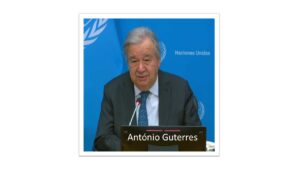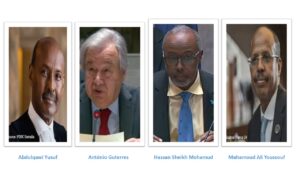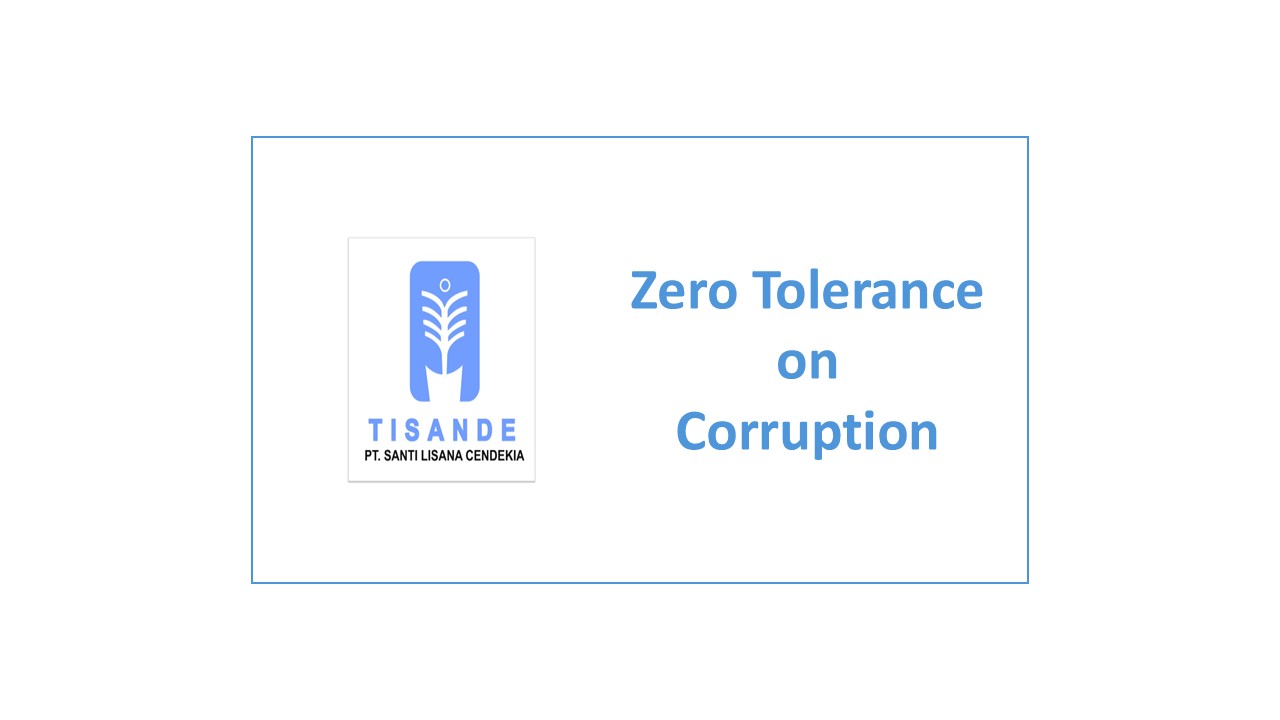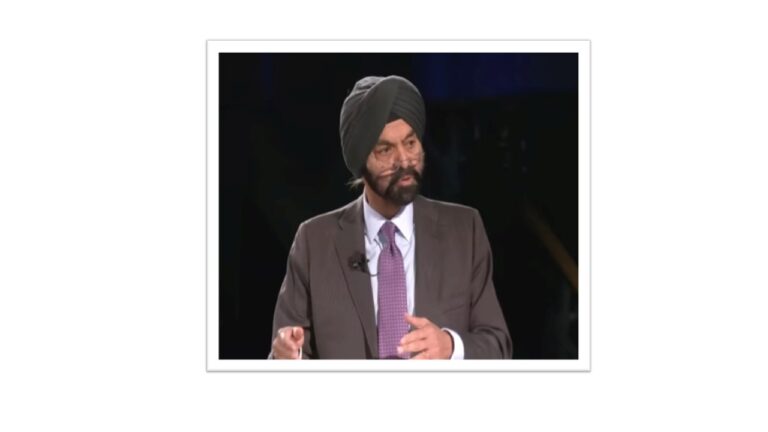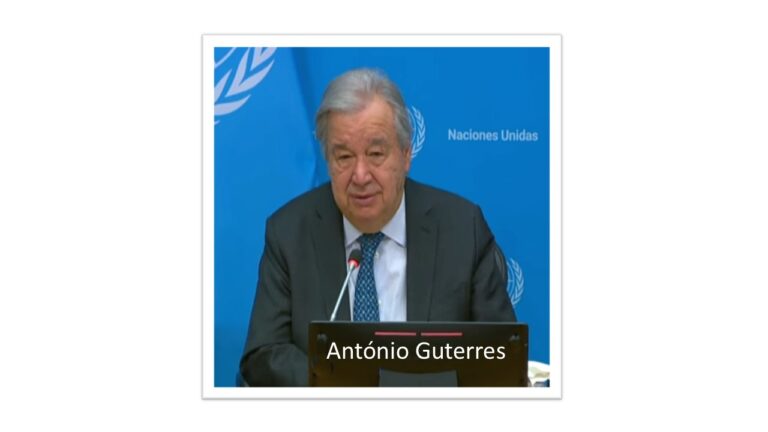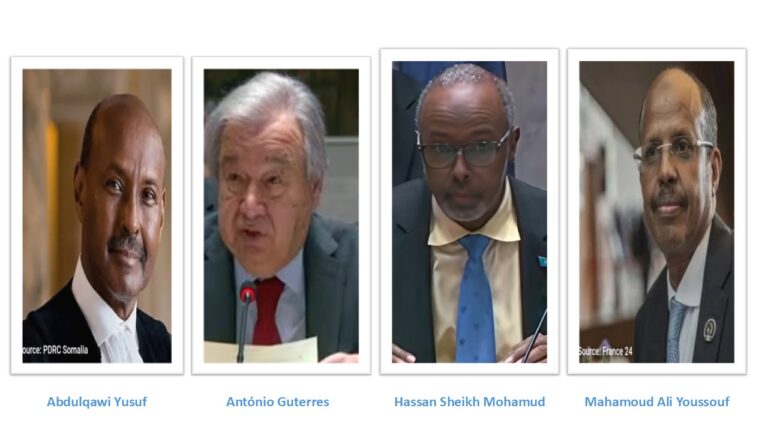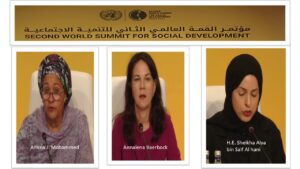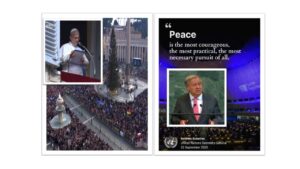Tisande refers to the UN Human Rights system views corruption as a major obstacle to the realization of all human rights—civil, political, economic, social, and cultural.
Zero Tolerance is the approach to all forms of misconduct, including fraud and corruption. This means allegations are pursued, and appropriate disciplinary and administrative measures are applied if wrongdoing is established
Consequently, Zero Tolerance is mandatory and is applied to all levels. Any indication subject to deep investigation at appropriate law consequences.
Technical rationales bear in the consequences are as follows:
- Corruption affects the most disadvantaged and vulnerable groups; mainly women, children, people living in poverty who are often more reliant on public services and have limited means to seek accountability.
- Violation of Rights: Corruption can violate specific rights, such as the right to health, education, or a fair trial, when funds are diverted from essential services or when bribes are required to access them.
Related link:
Corruption and human rights | OHCHR

